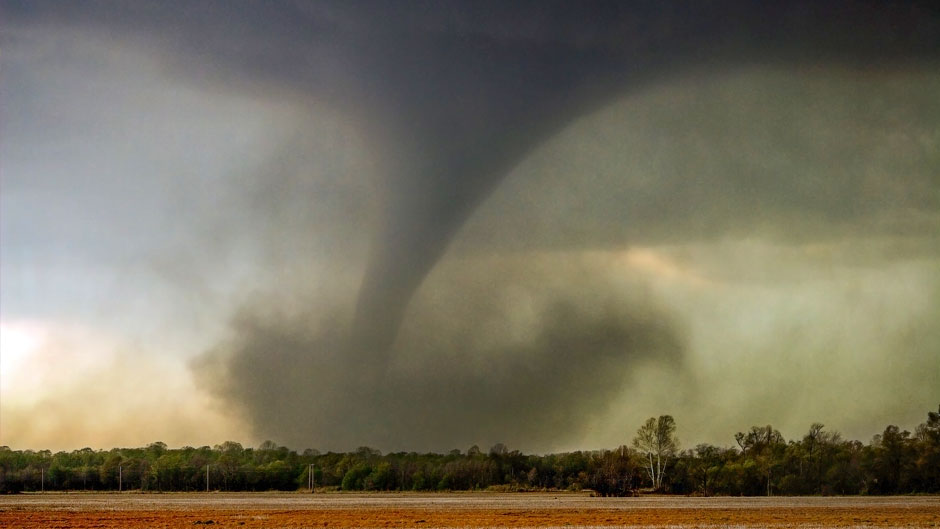Now begins the process of picking up the pieces. The homes, cars, and other personal belongings destroyed by the powerful tornadoes that ripped through a rural Alabama community on Sunday can be replaced. But the loss of life—23 people were killed—is permanent.
How family and community members deal with that loss in the days and weeks ahead will test their emotional fortitude. The remarkable ability of many human beings to adapt could help them recover.
“People are often quite resilient, even in the face of terrifying experiences or large losses,” said Jill Ehrenreich-May, an associate professor of psychology in the University of Miami College of Arts and Sciences.
It will still be a long road to recovery, though. And making the healing process even more taxing for some is that “preexisting mental health challenges or more direct experience with the disaster or loss, versus watching it on TV or being less personally impacted, can heighten the likelihood of future anxiety, traumatic stress, and depression-related conditions,” said Ehrenreich-May. “But each person's response is very personal and can be different.”
In collaboration with the Baylor College of Medicine, she is spearheading a Red Cross-funded project to deliver mental health services in the Golden Triangle region of Texas, where many children and adults are still reeling emotionally from the devastation caused by Hurricane Harvey there two years ago.
Ehrenreich-May explained that natural disasters like tornadoes that occur without little warning “can impact one’s belief in the idea that the circumstances around us are truly safe and predictable.”
“Depending on the level of exposure and involvement in such a disaster, one’s psychological response can vary quite a bit,” she said.
She said strategies that victims of the Alabama tornadoes could employ to help build resiliency in the aftermath of the disaster would be to take a break from watching media coverage of the destruction to reduce stress and avoid re-traumatizing themselves.
Victims, she said, also need to build and keep a perspective on what happened. “Tornadoes are rare events,” she said. “That is not to minimize the devastation or huge loss of life or one’s sense of safety and well-being, but for those who are not dealing with the more immediate consequences of such loss, it is important to remember that these things happen rarely and that people are not often in immediate danger.
“That said,” Ehrenreich-May continued, “having a plan for future tornadoes, if in a tornado-prone area, may help improve one’s sense of safety moving forward.”
It may come down to something as simple as depending on a radio. “In rural areas, many people still heavily rely on NOAA (National Oceanic and Atmospheric Administration) weather radios for timely information on severe weather,” said Matthew Shpiner, director of emergency management at the University of Miami. “Items such as weather radios are a great reminder that even with incredible advances in technology it is sometimes simple items and basic planning that can be all the difference when it comes to being prepared for disasters.”
Staying connected via social media and assisting others affected by the tornadoes could also help.
“Helping others following a disaster can build one’s sense of community and togetherness following loss,” said Ehrenreich-May. “Volunteering with a local agency providing assistance such as the United Way or Red Cross can be useful in that way.”

